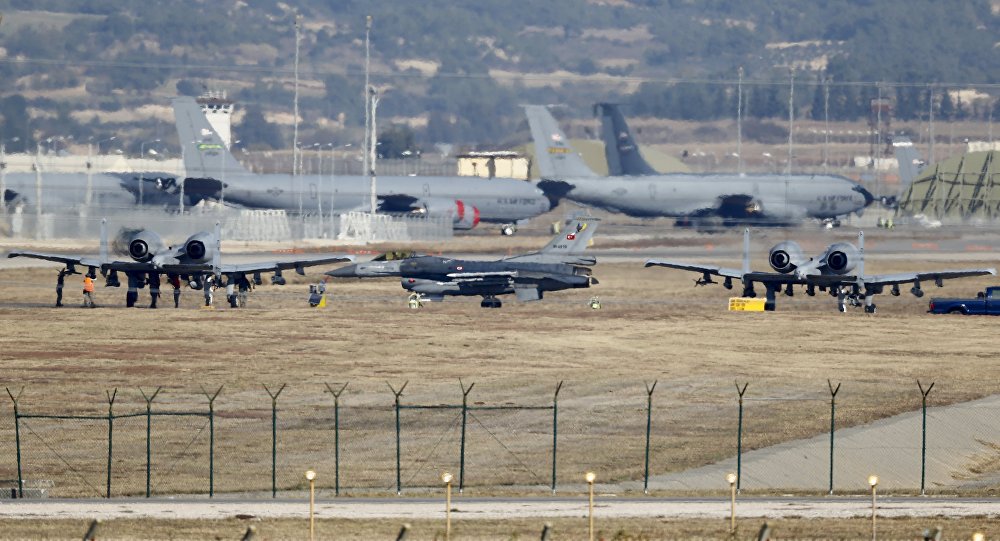Sourced : Defence One
By Charles F. Wald
Turkey’s Incirlik airbase has supported America’s most vital strategic needs for more than a half century, first during the Cold War and more recently in the fight against terrorists. Now, as its host country becomes less stable and less friendly to the United States, the best way to ensure continued access to this large and well-located base is to prepare to do without it.
In July, the Turkish government publicly accused the U.S. of backing a failed coup. More recently, Ankara pledged to deepen military cooperation with Russia, bombed U.S.-backed Syrian Kurdish units fighting ISIS, then complicated the war against ISIS by picking a fight with Baghdad over Mosul. After Defense Secretary Ash Carter’s recent tense trip to Turkey, there is no better time for Washington to rethink its reliance on Incirlik.
The sprawling air base and its U.S. presence there have long been a tangible symbol of Washington’s commitment to defend Turkey, yet there is a perception in Ankara that the United States needs its Turkish ally more than vice versa. T
his has been shown by the Turkish government’s willingness to use its geostrategic role — as a neighbor to war-torn Syria, as a host to U.S. forces — to put pressure on the United States. Even before the failed coup, the Turkish government appeared to act without fear of censure in either domestic or foreign affairs.
At home, Turkey engaged in a broad crackdown on the press and freedom of speech. Regionally, it has repeatedly refrained from supporting, at best, or undermined, at worst, U.S. attempts to defeat ISIS. All this has been fueled by the belief—unfortunately, validated by the U.S. government—that the country’s strategic importance would inoculate it from U.S. criticism.
At the same time, Turkey’s growing instability is imperiling American operations. During the failed coup, Incirlik’s external power was cut off for a week, halting anti-ISIS operations from the air base for several days, limiting them for several more, and increasing the loads on other regional bases. This is unacceptable. The United States and its allies are making great strides in reclaiming territory from ISIS; disruptions to coalition military operations should be of the utmost concern.
So it’s time to find an alternative to Incirlik. The best solution would be to build a new airfield in Iraq — specifically, in territory controlled by the Kurdistan Regional Government. This is not a new idea; last year, the Bipartisan Policy Center, where I serve as co-chair of the National Security Program, wrote that “Seeking an alternative to Incirlik in KRG territory would reduce U.S. reliance on Turkey while also providing similar geographic advantages for operations in Iraq and Syria to combat ISIS.”
Of course, this proposal would require approval from Iraq’s central government, and so the United States should immediately begin discussions with Baghdad and Irbil. It should be stressed to Baghdad that a KRG-located air base could help the effort to drive ISIS out of the country.
But even if political obstacles ultimately prevent this course of action, Washington has other options. Existing bases in Jordan and Cyprus both offer suitable airfields located on the territory of allied governments and within striking distance of ISIS. Beginning diplomatic and technical preparations to shift operations to either site would be a powerful signal to Ankara as well.
Ideally, seeking out alternatives to Incirlik will minimize the possibility that Washington is ever forced to exercise them. If Washington has options, Turkey will face the possibility that threatening to throw American forces out could backfire, leaving the country even more strategically isolated. In short, a little foresight and planning could turn Incirlik from a source of Turkish leverage over America to a source of American leverage over Turkey.

